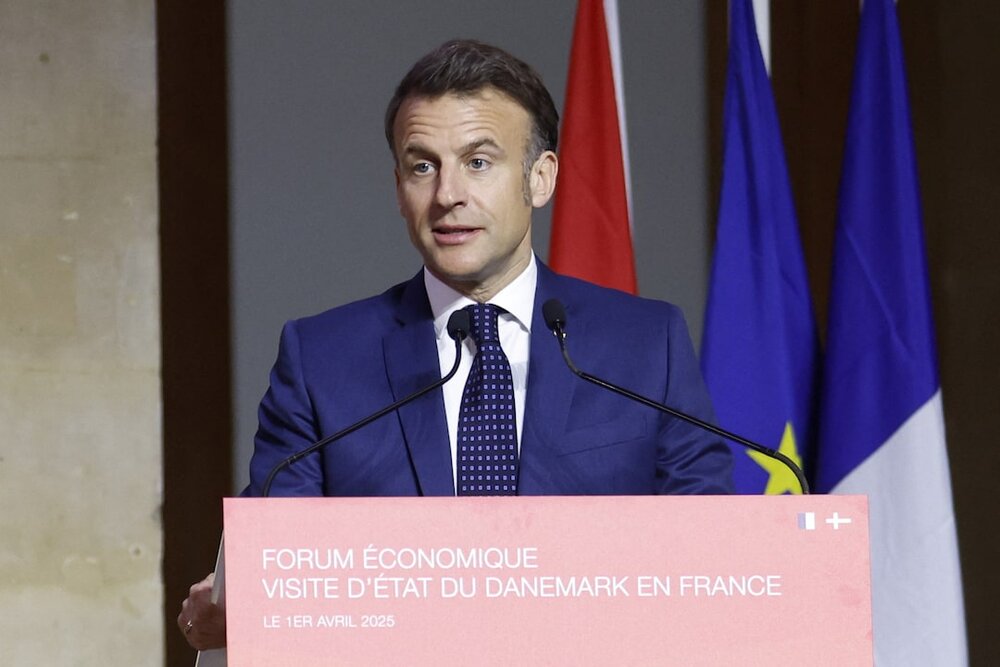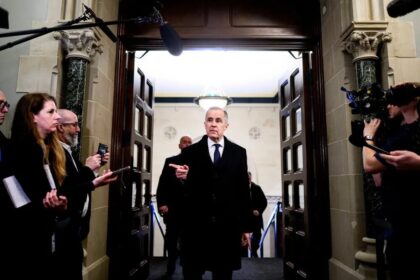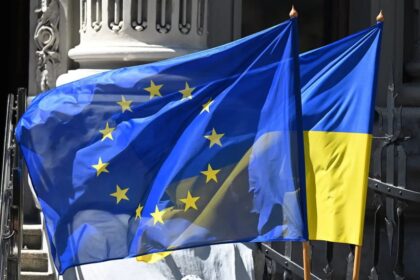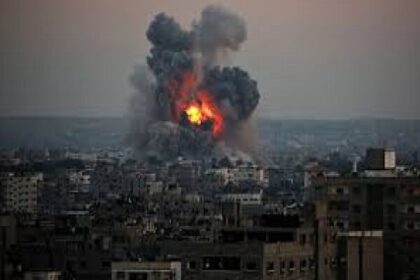Rare Cabinet meeting of the French Government About Iran
Informed sources told Reuters that the French president held a rare meeting with some ministers and cabinet experts by increasing European countries‘ concerns about Tehran-Washington relations.
According to RCO News Agency, three diplomatic sources said French President Emmanuel Macron today (Wednesday) brought together key ministers and experts to discuss Iran, including its nuclear program among the growing tensions between Tehran and US President Donald Trump.
Reuters News Agency wrote that such a meeting dedicated to a special issue dedicated to a particular issue is rare, indicating the growing concern of Washington’s European allies over the rise of tensions between Tehran and Washington over Iran’s nuclear activities.
France, Britain and Germany have been trying to increase pressure on Iran in recent months to encourage it to negotiate their nuclear program, the media wrote.
They have held several rounds of talks with Iran, including at the technical level last week to provide the basis for some kind of agreement. But the diplomats say that the Trump administration is in the first place focusing on the policy of the Maximum Campaign against Iran, and the Europeans see the coordination of the issue as complicated.
Reuters wrote: European powers hoped to persuade Iran to launch new negotiations for further restrictions on its nuclear activities and reach an agreement by August.
This provided sufficient time to set new restrictions on Iran’s nuclear program and lift sanctions before the end of the year’s nuclear deal in October.
Iranian Foreign Minister Sayed Abbas Arakchi recently said that the US president may not be interested in the nuclear deal of the year, but that agreement is a key commitment from Iran – even outside the United States.
According to Iraqchi, “Iran reiterates that it will never seek search, production or nuclear weapons under any circumstances.”
The head of the Iranian diplomatic apparatus in recent days in an interview with his English counterpart David Lami, referring to four rounds of dialogue between the Islamic Republic of Iran’s delegations and three European countries, a member of the nuclear deal with some of the European and European countries’ non -constructive positions, including the Iranians and the European Union.
Recalling the Islamic Republic’s interaction approach on the peaceful nuclear issue of our country, Iraqchi described the direct negotiation of “maximum pressure” and “military threat” as meaningless, while also emphasizing Tehran’s readiness to pursue a diplomatic approach.
He also cited the use of diplomacy for political and psychological pressure, referring to the contradictory stances and messages of US officials on negotiating with Iran.
Iran, despite the unilateral withdrawal of the US government from the nuclear deal in the first round of Donald Trump’s presidency, was committed to its obligations in the context of the agreement, and only after a year and a half to endure sanctions and European partners in the agreement to reduce their obligations to reduce their obligations to reduce their obligations.
Iran’s action has been a legitimate reaction to the parties to the agreement, under paragraph 2 of the Brajam and with the information of the Agency. However, Iranian officials have said that if all parties are returned to fulfill their obligations, these measures would be returned to the previous state.
Vienna’s talks in the Joe Biden government have failed to revive the deal, but Iran has insisted that if the parties show a political will, it will be ready to finalize an agreement to lift sanctions.
The end of the message
(Tagstotranslate) Nuclear Agreement (T) Brajam (T) Emmanuel Macron (T) France (T) Donald Trump (T) US -American Relations (T) Iran Nuclear Program
RCO NEWS
RCO


















